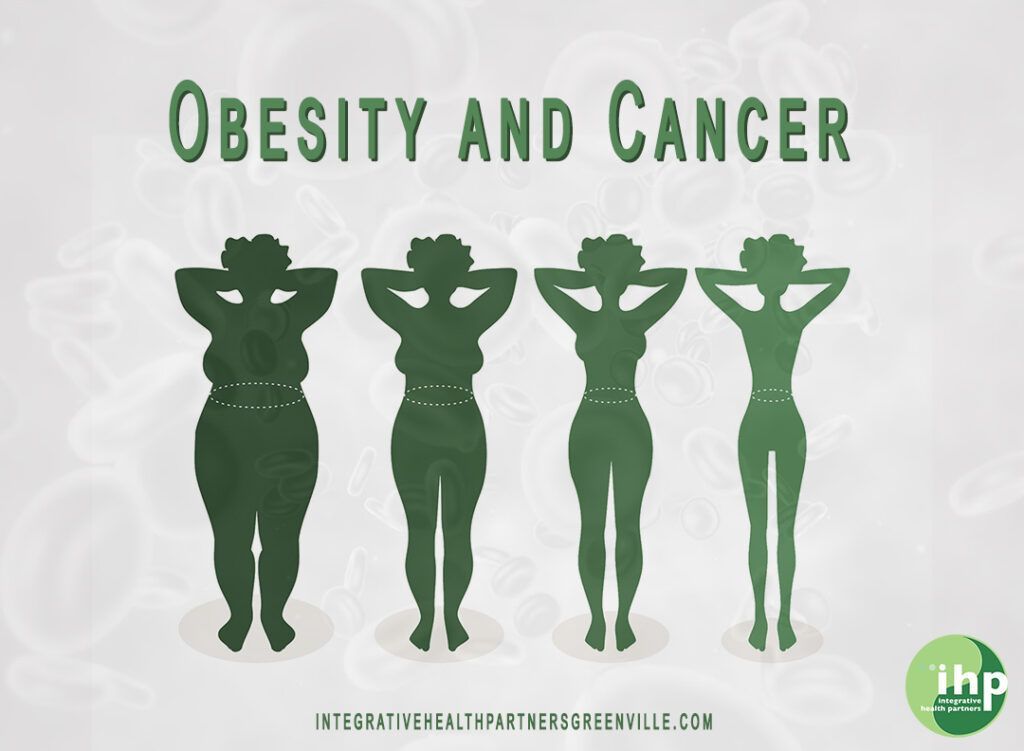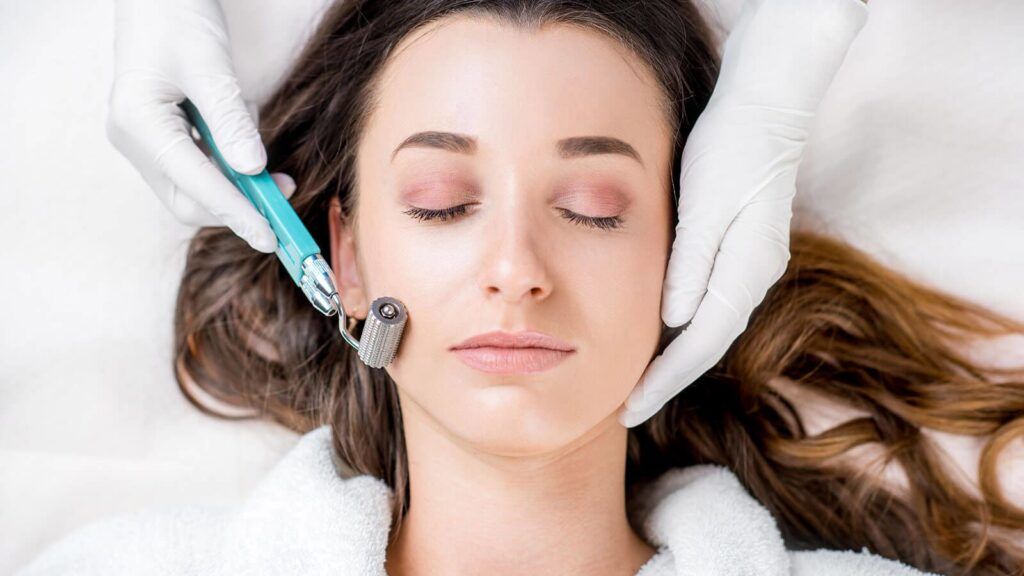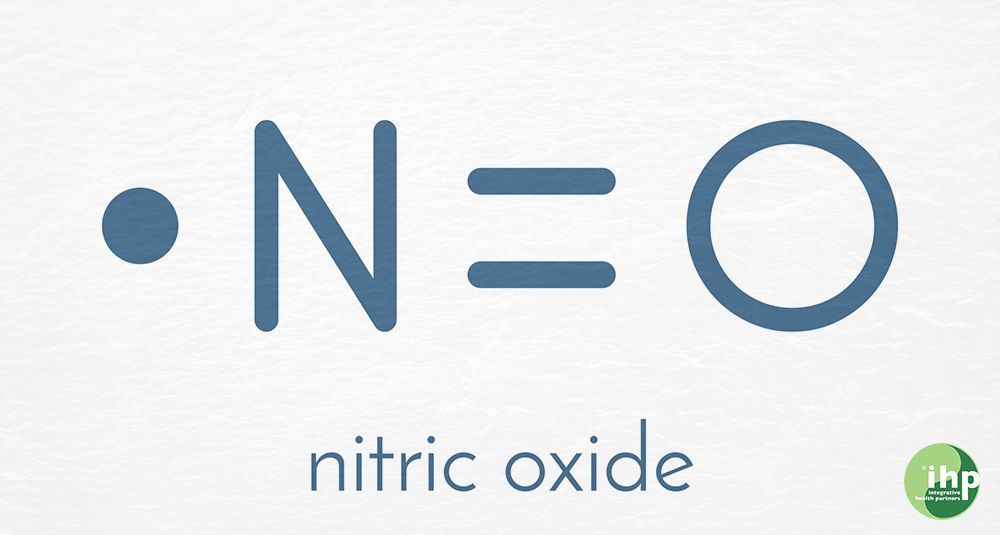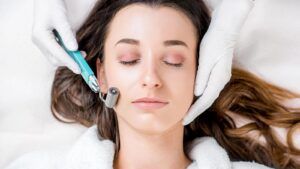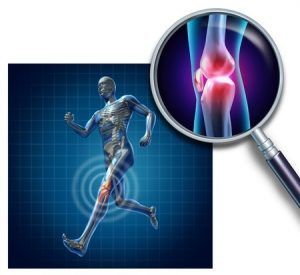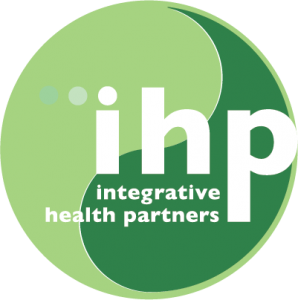How to Treat Mold Illness with Herbs and Supplements
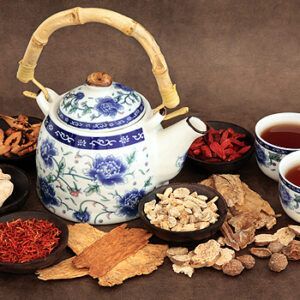 Introduction
Introduction
Mold exposure, particularly to toxic molds such as Stachybotrys chartarum (black mold), has become a significant concern in both environmental and health contexts. Mold thrives in damp, poorly ventilated environments and releases spores into the air that can cause a variety of health issues when inhaled. Mold exposure has been linked to numerous health problems, especially respiratory and immunological effects. Individuals with mold sensitivity or mold allergies may experience more severe symptoms, and chronic exposure can contribute to conditions such as chronic fatigue syndrome, respiratory disorders, and neurological symptoms.
This paper explores the effects of mold exposure on human health, and highlights both Western and Chinese herbal interventions that have been found effective in addressing mold-related health issues. These remedies may provide symptom relief, support immune function, and aid in detoxifying the body from mycotoxins produced by mold.
Health Effects of Mold Exposure
Mold exposure can lead to both acute and chronic health issues, and the symptoms can vary widely depending on the individual, the type of mold, and the duration of exposure. The primary effects include:
- Respiratory Symptoms
- Mold spores can irritate the respiratory tract and lead to conditions such as rhinitis, asthma, and bronchitis.
- Mold exposure has been linked to an increased risk of chronic obstructive pulmonary disease (COPD), especially in those with pre-existing respiratory conditions.
- Neurological and Cognitive Effects
- Mycotoxins, toxic substances produced by some molds, can cross the blood-brain barrier and affect neurological function. Symptoms include headaches, dizziness, memory problems, and difficulty concentrating, often referred to as “brain fog.”
- Chronic mold exposure has also been associated with anxiety, depression, and fatigue, likely due to its effects on the nervous and endocrine systems.
- Immune System Suppression
- Mold exposure may impair immune function, leading to increased susceptibility to infections, particularly in those with weakened immune systems.
- Chronic mold exposure has been shown to induce allergic reactions and can contribute to hypersensitivity pneumonitis, a condition where the lungs become inflamed.
- Skin and Mucosal Irritation
- Prolonged exposure to mold can cause skin rashes, eye irritation, and sore throats. Mold allergens can exacerbate symptoms in individuals with pre-existing conditions like eczema.
Herbs and Supplements for Mold-Related Health Problems
A variety of herbs, both from Western and Chinese medicine traditions, have been shown to help alleviate symptoms of mold exposure and support detoxification from mycotoxins. These interventions may help with symptom relief, immune support, and promote recovery from mold toxicity.
- Antifungal and Antimicrobial Herbs
Several herbs possess natural antifungal properties that can help combat mold and its mycotoxins:
- Oregano (Origanum vulgare) : Oregano contains carvacrol, a compound with strong antifungal activity. It has been shown to inhibit the growth of molds, particularly Candida species, and may help reduce the fungal burden in the body.
- Garlic (Allium sativum, Da Suan) : Garlic is well known for its broad-spectrum antimicrobial properties. Allicin, a compound in garlic, has antifungal and immune-boosting effects. It may help combat fungal infections, including those caused by mold.
- Andrographis (Andrographis paniculata, Chuan Shen Lian) : This herb has demonstrated antifungal and immune-modulating effects, making it useful for addressing mold-related health issues. It is frequently used in traditional medicine to address immune dysfunction and respiratory problems.
- Berberine (from herbs like Goldenseal and Oregon Grape, Huang Lian) : Berberine is an alkaloid found in several plants that exhibits antifungal, antibacterial, and antiviral properties. It is effective against a range of fungal infections, including those caused by molds.
In addition to these Western herbs, several Chinese herbs and formulas are traditionally used to treat fungal infections:
- Coptis (Coptis chinensis, Huang Lian) : Coptis is a potent herb in Traditional Chinese Medicine (TCM) known for its powerful antimicrobial and antifungal properties. It is often used to treat gastrointestinal infections and skin conditions caused by fungal overgrowth.
- Phellodendron (Phellodendron amurense, Huang Bai) : Known for its antimicrobial and antifungal effects, Phellodendron is frequently used in Chinese medicine to address fungal infections of the skin, lungs, and digestive tract.
- Scutellaria (Scutellaria baicalensis, Huang Qin) : Scutellaria is a well-known herb in TCM with antifungal, antiviral, and antibacterial properties. It is commonly used to treat infections caused by fungi and molds, particularly those affecting the respiratory system.
- Detoxification Herbs
To detoxify the body from mold-related toxins, certain herbs can support liver and kidney function, both of which are vital for detoxification:
- Milk Thistle (Silybum marianum, Niu Nai Ji) : Milk thistle contains silymarin, a compound that has been shown to protect the liver from toxins and promote detoxification processes. It is commonly used to support liver health in cases of mycotoxin exposure.
- Dandelion Root (Taraxacum officinale, Pu Gong Ying) : Dandelion root supports liver function and encourages the elimination of toxins. It is also a diuretic, helping the kidneys eliminate waste products.
- Turmeric (Curcuma longa, Jiang Huang) : Curcumin, the active compound in turmeric, has powerful anti-inflammatory and antioxidant properties. It supports liver detoxification and protects against oxidative stress caused by mold toxins.
- Activated Charcoal : Although not a traditional herb, activated charcoal is often used in detox protocols to adsorb mycotoxins in the digestive tract and prevent their absorption into the bloodstream.
- Immune-Boosting Herbs
Supporting the immune system is crucial when dealing with mold-related health problems, as mold exposure can impair immune function and increase susceptibility to infections:
- Astragalus (Astragalus membranaceus, Huang Qi) : Known for its immune-boosting properties, Astragalus can help improve immune function and protect the body from infections caused by mold exposure.
- Echinacea (Echinacea purpurea, Zi Chui Hua) : Echinacea stimulates the production of white blood cells, which play a key role in fighting infections. It can be beneficial in supporting immune function during mold exposure.
- Reishi Mushroom (Ganoderma lucidum, Ling Zhi) : Reishi mushrooms are adaptogens that help modulate the immune system. They are useful in balancing immune responses and reducing inflammation, which is particularly helpful for those with chronic mold exposure.
- Supporting the Nervous System
Mold exposure can lead to neurological symptoms like cognitive dysfunction, fatigue, and anxiety. Several herbs are used to support the nervous system and alleviate these symptoms:
- Ashwagandha (Withania somnifera, Yin Du Ren Shen) : This adaptogen is widely used for reducing stress and anxiety. Ashwagandha has a calming effect on the nervous system, helping to mitigate the neurological effects of mold exposure.
- Rhodiola Rosea (Hong Jing Tian) : Rhodiola is an adaptogen known for its ability to combat fatigue and improve cognitive function. It is particularly helpful for people dealing with chronic stress, including mold-induced neurotoxicity.
- Ginkgo Biloba (Yin Xing) : Ginkgo is used to enhance cognitive function by improving blood circulation to the brain. It can be particularly helpful for symptoms of “brain fog” and memory issues associated with mold exposure.
- Supplements for Mold Detoxification
- N-acetylcysteine (NAC) : NAC is a potent antioxidant that helps replenish glutathione, the body’s master antioxidant. It can assist in neutralizing and eliminating mycotoxins.
- Vitamin C : Vitamin C is a powerful antioxidant that can reduce oxidative stress and inflammation caused by mold exposure. It supports the immune system and aids in detoxification.
- Probiotics : Mold exposure can disrupt the gut microbiome, leading to systemic inflammation. Probiotics help restore the balance of gut bacteria, which supports immune function and detoxification processes.
Conclusion
Mold exposure can lead to a variety of health issues, particularly affecting the respiratory, immune, and nervous systems. Fortunately, there are many Western and Chinese herbs that can help alleviate symptoms and support the body’s detoxification from mold-related toxins. Herbs like garlic (Da Suan), oregano (Oregano), and turmeric (Jiang Huang), alongside Chinese medicinal herbs such as Coptis (Huang Lian) and Phellodendron (Huang Bai), can aid in reducing fungal load and supporting detoxification. Immune-boosting herbs like Astragalus (Huang Qi) and adaptogens like Rhodiola (Hong Jing Tian) can support the body’s resilience during mold exposure.
Incorporating these herbs and supplements into a holistic approach to mold remediation can provide significant relief. However, addressing the source of mold exposure and ensuring proper mold remediation in living or working spaces remains crucial for long-term health. If you feel like you may have issues related to mold contact us for further evaluation and treatment.
